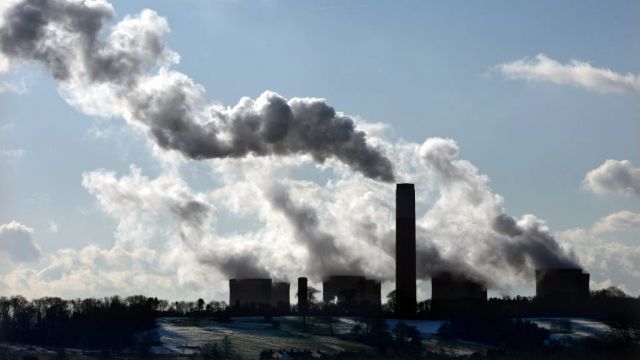The Government has set out a range of measures to slash emissions as it launched its updated Climate Action Plan (CAP) 2023.
The plan includes a target of producing enough renewable energy to power every home and business in the State by 2030, by which time it also aims for one out of every three cars to be electric.
Emission reduction targets were specified for six "vital, high-impact sectors" including: electricity (75 per cent reduction target), commercial/public buildings (45 per cent), residential buildings (40 per cent), transport (50 per cent), industry (35 per cent), and agriculture (25 per cent).
Other measures include a plan for 70 per cent of people in rural parts of the country to have access to buses that travel to the nearest town three times a day, as well as a target of retrofitting 500,000 homes.
Encouraging a move away from cars, measures will be taken to increase the number of people walking, cycling and using public transport, aiming for these journeys to account for 50 per cent of all daily trips.
The CAP also seeks to increase tillage farming up to 400,000 hectares by 2023, as well as reducing the use of chemical nitrogen as a fertiliser to a maximum of 300,000 tonnes.
A 450,000 target for organic farming has also been set out, in addition to "expanding the indigenous biomethane sector through anaerobic digestion".
Launching the plan, Taoiseach Leo Varadkar said: "We find ourselves at a moment of real opportunity for our country, and for the planet.
"Climate change is the most pressing long-term global challenge of our time and Ireland is facing up to that challenge."
He added we should not see climate action "as an obligation or a burden", but rather "embrace it as an opportunity".
"It’s about warmer homes, cleaner air, fewer journeys, less time commuting, more remote and home-working, more jobs and regional development.
"Within a generation, Ireland can become energy independent by harnessing our untapped renewable energy resources."







